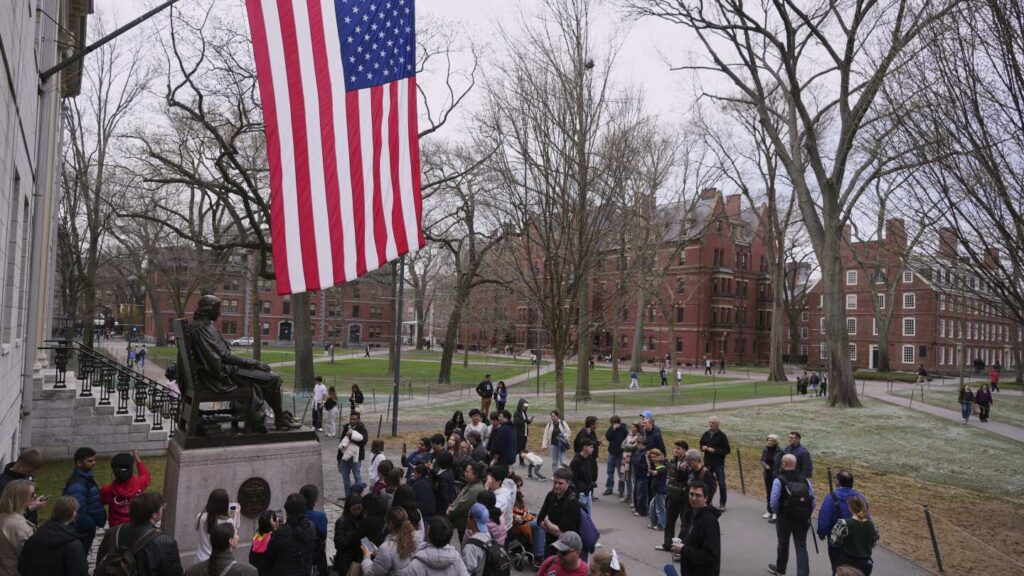The Trump administration has intensified its conflict with Harvard University, threatening to prevent the enrollment of international students and revoke the institution’s tax-exempt status. This confrontation underscores the clash between the White House and Harvard, known for its activism, diversity, and academic excellence. President Trump criticized Harvard, labeling it a “disgrace.” The Department of Homeland Security demanded detailed records of Harvard’s international student visa holders, citing concerns over their activities. The administration’s actions directly target Harvard’s reliance on international students and tax-deductible donations, essential for its research and operations.
Harvard’s refusal to comply with the government’s demands has led to a freeze of over $2 billion in grants and contracts. The administration accuses elite universities like Harvard of allowing antisemitism and racial discrimination, prompting calls for reform. The House Oversight Committee has initiated an investigation into Harvard’s alleged non-compliance with civil rights laws. Despite the pressure, Harvard remains steadfast in defending its independence and constitutional rights.
The Trump administration’s tactics echo its approach towards Columbia University, signaling a broader campaign to influence elite institutions. The implications of this power struggle extend beyond Harvard, raising concerns about academic freedom and government intervention in higher education. The outcome of this contentious battle remains uncertain, as stakeholders in academia and beyond navigate the complex dynamics at play.

